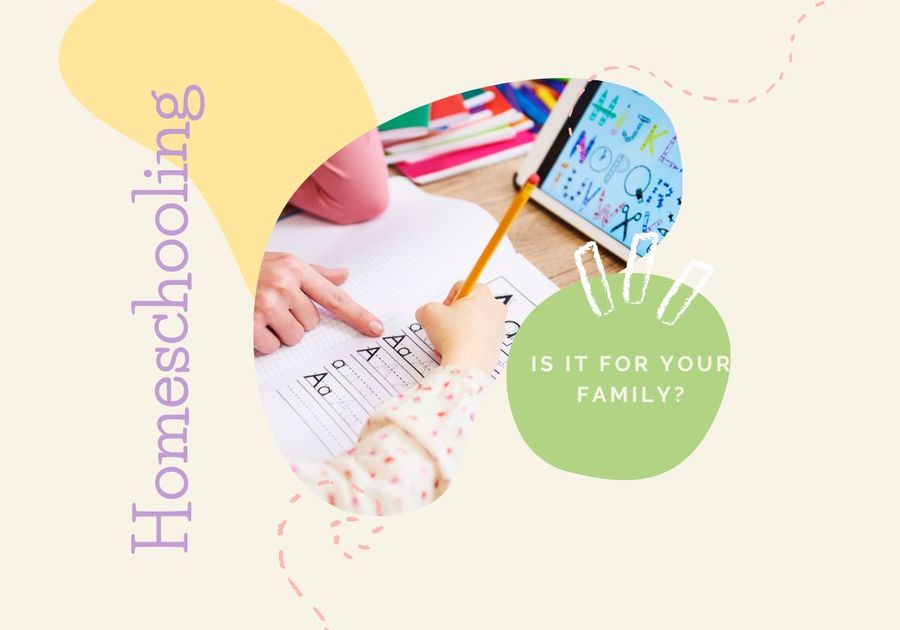In an online post, I asked our readers who homeschool their kids to share what they felt were the benefits of doing so. Homeschooling is an alternative educational approach where parents or guardians take on the responsibility of educating their children at home instead of sending them to traditional schools. There are several reasons why parents choose homeschooling, and some of the benefits associated with this route include:
- Tailored education: Homeschooling allows parents to customize the curriculum and teaching methods according to their child's individual learning style, interests, and pace. This personalized approach can lead to a deeper understanding and enhanced academic performance.
- Flexible schedule: Homeschooling provides flexibility in terms of scheduling. Families can choose when and how long to study, allowing for more time to pursue other activities and interests outside of academics.
- One-on-one attention: In a homeschooling environment, the student-teacher ratio is usually one-to-one. This allows parents to give their children focused attention and address their specific learning needs effectively.
- Safe and nurturing environment: Homeschooling provides a controlled and safe environment for children, minimizing exposure to negative influences or unsafe situations that may occur in traditional school settings.
- Strong family bonds: Homeschooling often strengthens family relationships as parents and children spend more time together, fostering open communication and a deeper understanding of each other.
- Religious or philosophical beliefs: Some parents choose homeschooling to instill specific religious or philosophical values that may not be adequately addressed in traditional schools.
- Flexibility for travel and extracurricular activities: Homeschooling families can plan their educational activities around travel and extracurricular pursuits, allowing children to engage in more diverse learning experiences beyond the classroom.
- Individualized pace of learning: Homeschooling allows children to progress at their own pace, whether they need extra time to grasp a concept or are ready to advance quickly in a particular subject.
- Special needs and learning differences: Homeschooling can be a suitable option for children with special needs or learning differences, as it allows parents to tailor the curriculum and teaching methods to better support their child's unique requirements.
- Limited exposure to negative social influences: Some parents choose homeschooling to shield their children from potential negative peer pressures or bullying that may exist in traditional school environments.
It's important to note that homeschooling may not be suitable for every family or every child. Homeschooling requires significant time, dedication, and planning on the part of parents, and not all parents have the resources or capacity to undertake this responsibility. Additionally, socialization and interaction with peers can be a concern for some homeschooling families, and efforts are often made to provide opportunities for children to socialize through extracurricular activities, homeschooling co-ops, and community events.






